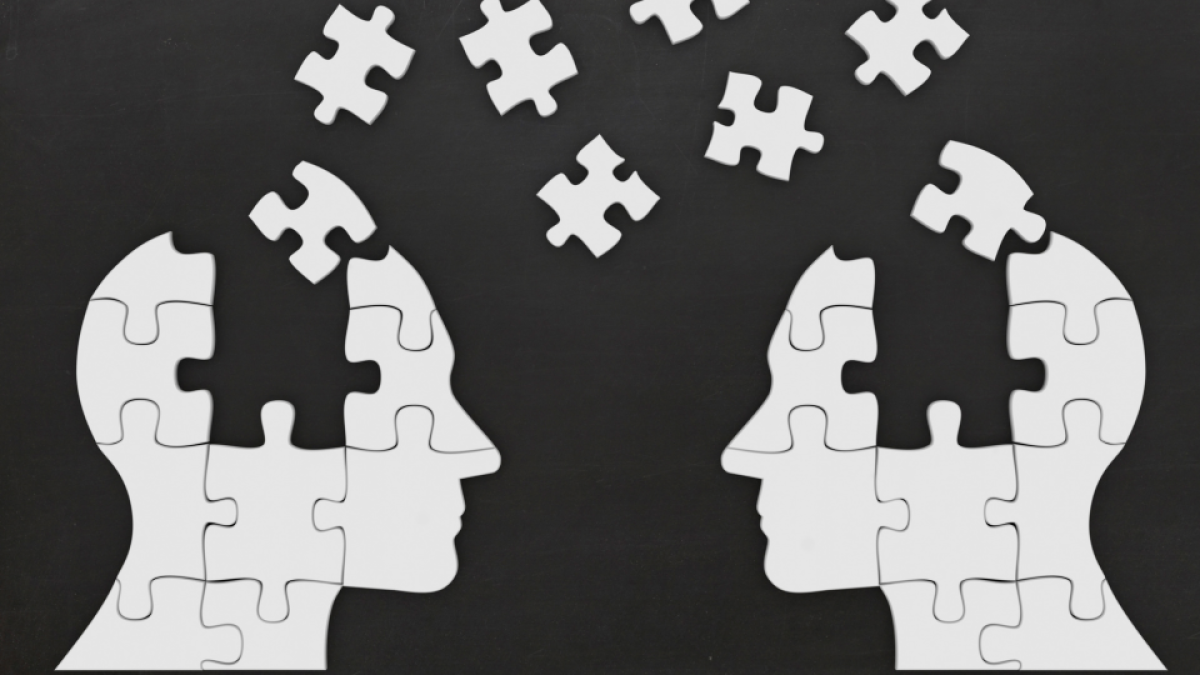
As humans, we socially learn from others. We learn — or copy — how to talk from our parents and friends; we learn from teachers when we go to school.
And, according to science, people also tend to copy what others find attractive in partners. This is said to save us time and energy when trying to find a match.
“We probably all do this: We ask friends and family members for advice, discuss relationships with each other, and learn from our friends’ successes and failures,” said , evolutionary anthropologist and associate professor at Arizona State University’s and research scientist at the .
“Animals do it too. Female bowerbirds flock together and collectively inspect males; female fish watch where other females lay their eggs and follow suit. In many species, multiple females will mate with the same male. For humans, where most societies are broadly monogamous, this might constitute partner poaching, which probably would earn disapproval.”
Numerous studies about mate-choice copying have been conducted, and some scientists believe our brains evolved a context-specific system for picking a date. However, new research by Morgan shows different results.
Morgan and former ASU graduate student Melanie Foreman ran a study that suggests the human brain is actually a flexible and adaptable broad-context social learning tool and not a collection of task-specific solutions programmed by evolution.
Morgan uses the metaphor of a to explain narrow and broad context copying mechanisms.
This research encompasses the evolution of the human mind, evolutionary anthropology, psychology and biology fields Morgan has worked in over the span of his career. He is specifically interested in the evolution of the mind and intelligence.
“Not only are humans cognitively sophisticated, but we have complex cultures, which themselves evolve and interact with genetic evolution too,” said Morgan.
“When we talk about the evolution of the mind, we need to know what evolution has done exactly,” he said. “This gets to the heart of questions about human nature. Has natural selection given us a hardwired brain with dedicated circuits to solve a variety of common problems? Or has it given us a flexible, general-purpose learning system and then it’s up to us to figure things out?
“This is what this project helps us to understand, and its conclusion is the latter: Our brain is a flexible, general-purpose tool.”
Morgan and Foreman used the experimental platform Dallingerto to run the study with 164 people. Participants were separated into groups of 10 based on their primary romantic preference — either men, women or both. First the participants took a general knowledge quiz, then they were shown images of people’s faces and asked to rate the attractiveness of that person.
After that, participants were shown the face images again, only this time they were able to see the quiz scores of other participants and they were able to see how other people in their group rated the images’ attractiveness.
Morgan wanted to gauge if participants would be influenced by conformist and prestige biases, both of which are known to be important when making other decisions. In other words: Would seeing others’ attractiveness ratings and seeing others’ test scores influence and change people’s decisions?
The answer: Yes.
“We found that heterosexual men and women behaved very similarly when learning from others about hypothetical romantic partners, and they behaved similarly to when they made decisions of other kinds,” Morgan said. “This is consistent with the idea that the mind is a general-purpose learning tool. However, in many other species, there are differences. In particular, females typically put more effort into vetting and learning about potential partners than do males.
“Collectively, it looks like humans might be unique in the fact that we can learn from others about anything.”
